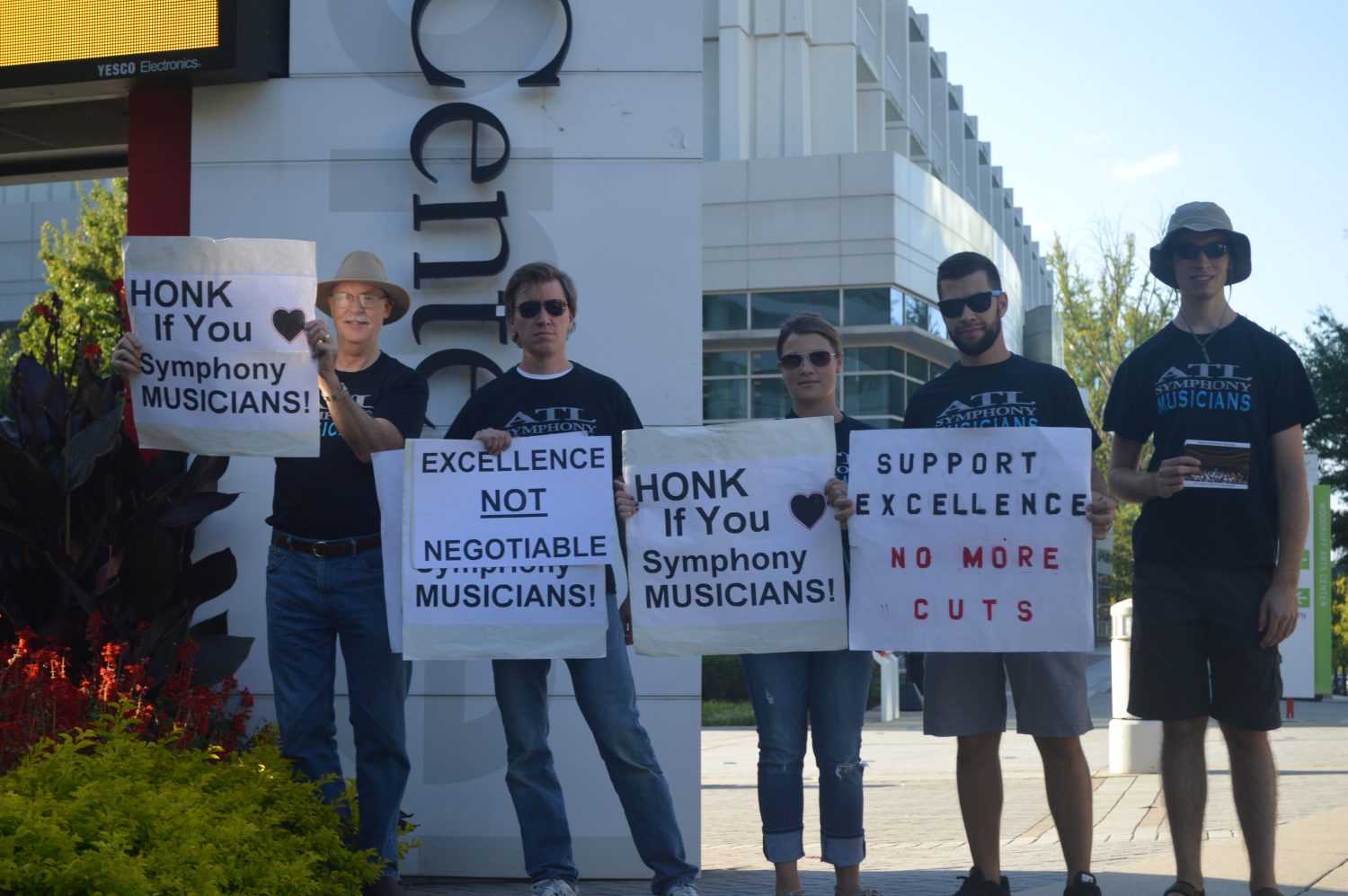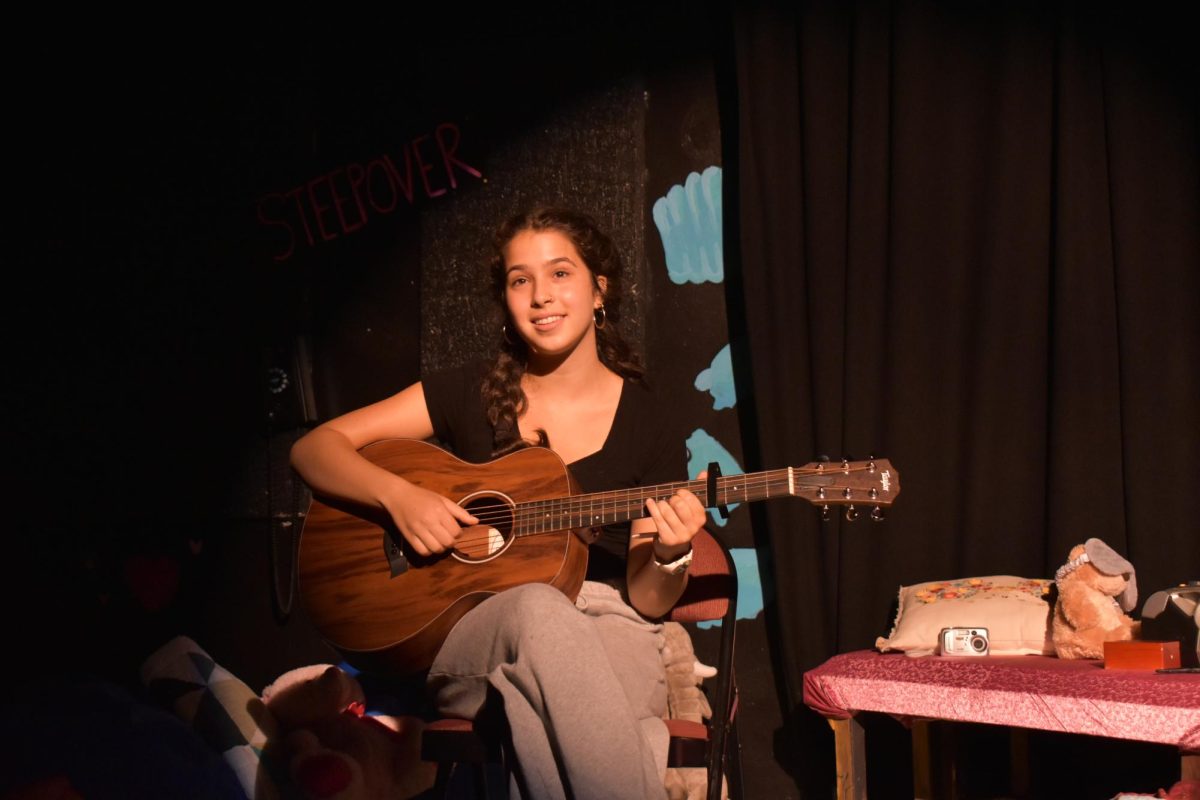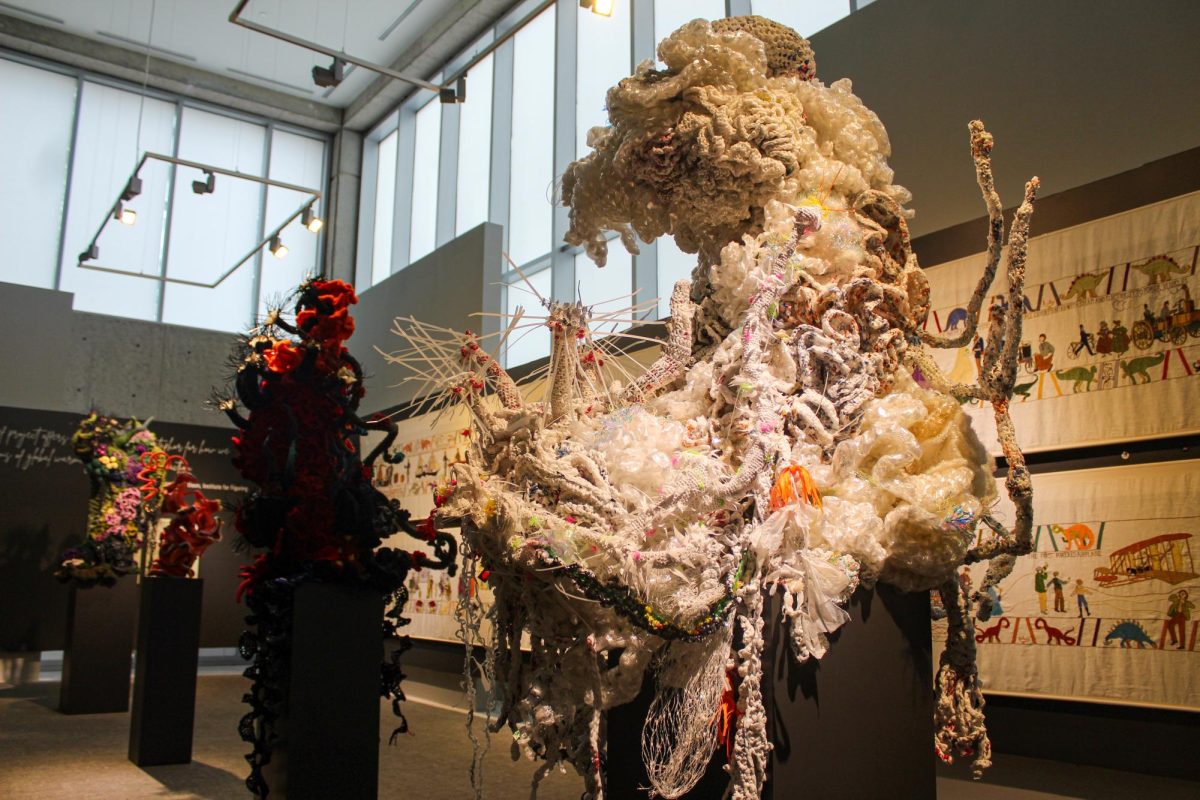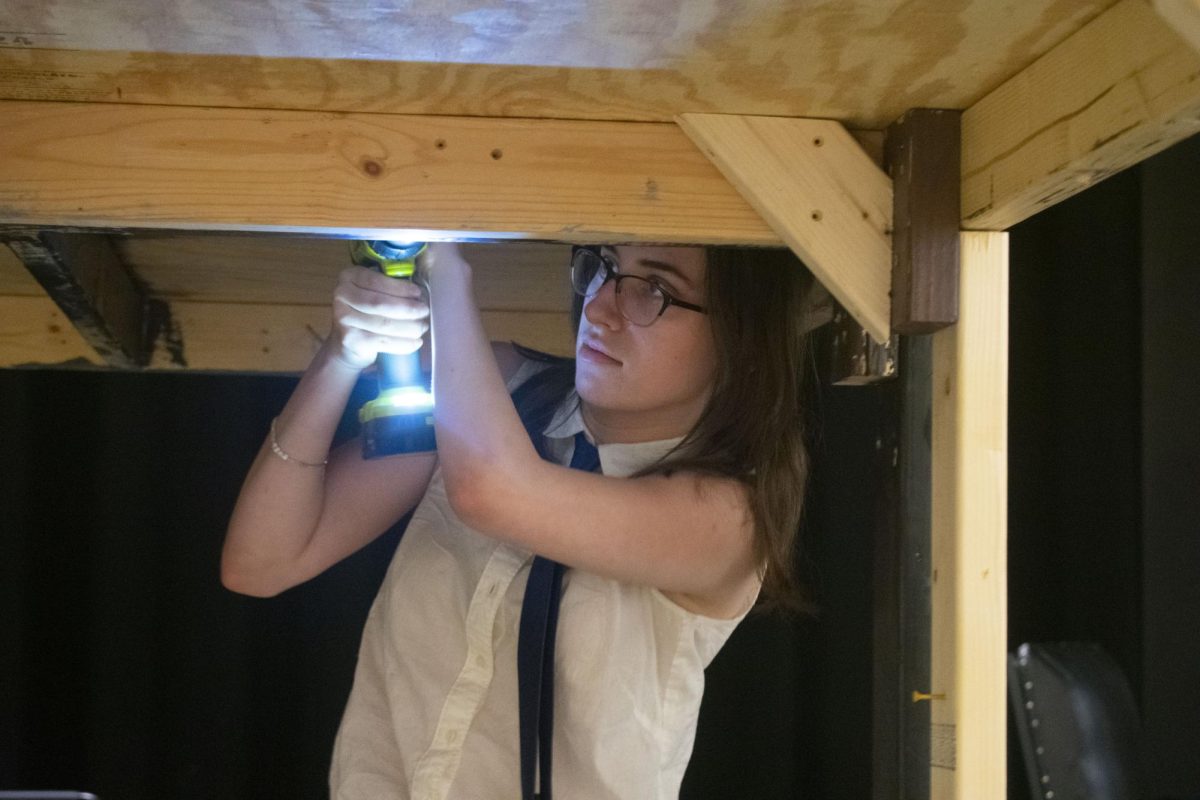
In the Atlanta Symphony Orchestra’s composition contest, Grady sophomore, Mason Johnston, won for his original work. As his prize, the world renown symphony would play and orchestrate the composition at the Concerts for Young People. This prestigious award no longer exists because of the ongoing financial conflict that has yet to be resolved.
“You could probably imagine how disappointed you would be if your work was to be played by one of the best orchestras in the world,” sophomore Johnston said.
The season was scheduled to begin on Sept. 25. Due to the ongoing negotiations between the executive management and the musicians’ union, the opening was pushed back to Nov. 8, after the old contract expired Sept. 6 at midnight. Locked out of the concert venue by management, musicians have taken to a new stage, lining the streets, protesting not only for their jobs but for the arts.
“This situation may eventually destroy the quality of the music,” ASO board member Ron Antinori said after his resignation over the issue. “We want the music to go on. We have a world class orchestra, and the musicians have the higher ground.”
Antinori was not the only one to resign over the heated debates. CEO Stanley Romanstein also submitted his resignation Sept. 29, leaving his job to the appointed interim president, Terry Neal.
In the 2014-15 fiscal year, the symphony suffered a $2 million deficit, and over an extended period of time accrued nearly $5 million in debt. Even with the opposing parties hoping for the same end goal, a long-lasting resolution for the ASO, these negotiations, which have lasted nearly nine months, have no end in sight.
“We are all working toward a common goal of keeping the music alive in Symphony Hall, and we realize that it can be an emotional issue,” said Holly Hanchey, ASO’s director of marketing. “ASO management has repeatedly offered to bring in a federal mediation service to help facilitate further discussions, but at this point the Atlanta Symphony Orchestra Players’ Association has not agreed.”
The symphony runs purely off of ticket sales, donations and attendance; however, within the last few years, ASO has lost several private donors, who refuse to continue to fund the growing deficits. The endowments of the symphony have eroded because they have been applied to the expanding debt, leaving the orchestra in its current state.
“They’re saying ‘Yes, we need to balance the budget,’ not realizing that what they’re doing is declassing the orchestra,” ASO bass trombonist Brian Hecht said.
According to the ASO management, Georgia’s arts funding is ranked the lowest of all 50 states, with only 6 cents per citizen in support of the arts, whereas most states average near $1 per citizen. The combination of increasing debt and declining funding has forced the ASO to rethink its financial strategy in order to survive in the 21st century.
“Symphony orchestras are a very expensive form of art because of the human capital required to produce the art,” Hanchey said. “Art museums can buy fewer or less expensive pieces, and theaters can choose acclaimed plays that require fewer actors and less scenery, but orchestras require highly skilled performers in large numbers. It takes just as many musicians to play a Beethoven symphony today as it did 200 years ago.”
Facing the possibility of a shorter performance season, salary cuts, a reduction of the total size of the paid orchestra or a decrease in health-care benefits, musicians have drawn a line in the sand. So far, refusing to compromise on any of these matters, the negotiators have made little progress toward a new agreement.
“The ASO means a great deal to Atlanta,” Hanchey said. “Cities with major symphony orchestras are regarded by businesses and citizens as having a cultural heartbeat and a commitment to a high quality of life. I’m confident that Atlanta will continue to have a first-rate orchestra.”
While the season has yet to begin, the musicians have refused to put down their instruments. They performed free concerts for the Atlanta community at Kennesaw State University. On the night of what was supposed to be the start of the 70th season, hundreds of people gathered to show support and love toward the ASO community.













